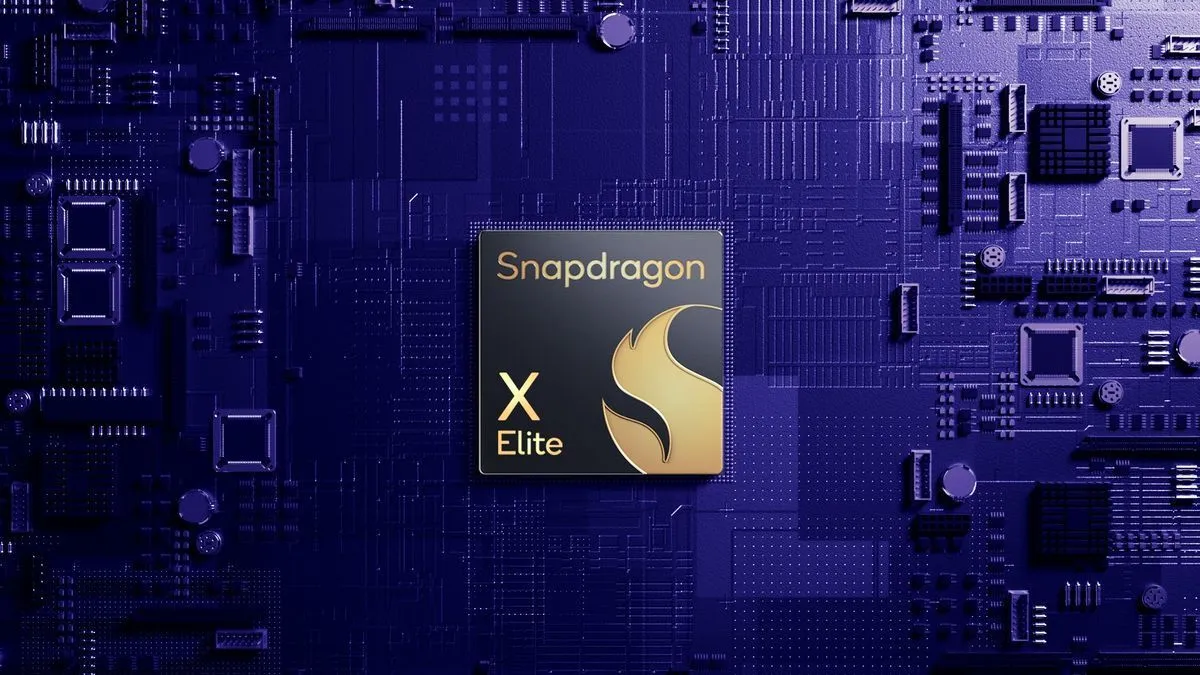Gaming is already a solved issue. Any console manufacturer managed to get games developed regardless of processor instruction set. All it takes is investment and a market.
Xbox and PlayStation are currently x86, but they've used different processors in the past. But Nintendo manages uses arm and gets great price/performance. For the PC market Valve could use it's marketplace to make arm and Linux work for gaming. They've made good progress but they could be more aggressive. If they lowered their rates for Linux and/or arm support the gaming industry would move. They could also use the stick as well as the carrot. If they refused to list new games that don't support Linux and arm the industry would move even faster.
I don't think gamers will move the market much either way. Apple is the biggest computer manufacturer in the world and their users don't buy their products for PC gaming. I imagine the rest of the market is similar. People are buying PCs for productive web browsing and office apps. If arm Windows and Linux machines can get half the battery performance macbooks get, they slowly displace x86 in the market for new machines. But half the problem is software optimisation for battery life. Intel macbooks got better battery life, as long as you were using safari rather than a chromium browser.

